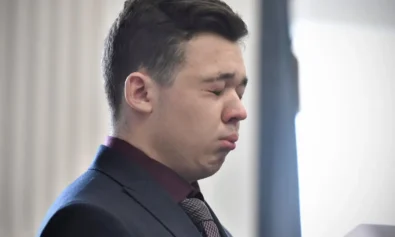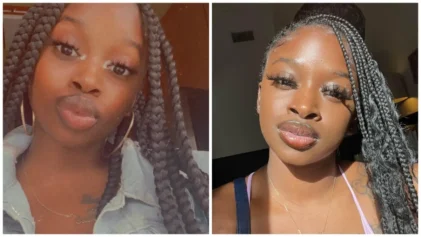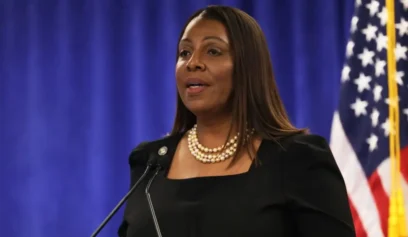A California man said he was threatened and terrorized after he was falsely accused on Facebook and Twitter of shooting two deputies two years ago, and now he has filed a lawsuit against some people and companies that spread this information.
Two Los Angeles County Sheriff’s deputies were ambushed and shot by a Black suspect in Compton, California. The suspect approached the deputies’ patrol car at the Metro Blue Line station on Sept. 12, 2020, started shooting into the passenger side window and fled the scene.
Darnell Hicks said he was at a transitional housing program where he worked as a client aide at the time.
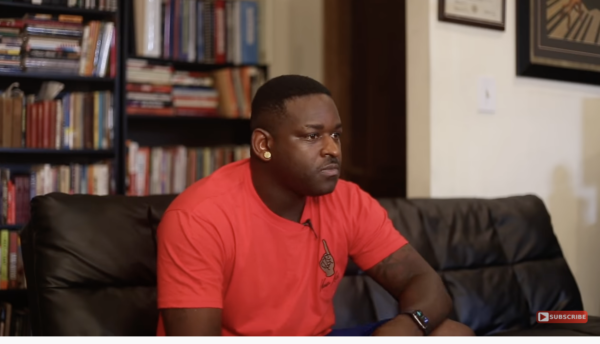
Yet, Floyd Bradford, the admin of a Facebook with 14,000 members, posted Hicks’ driver’s license photo and address and other private information with the caption, “Let’s find this cockroach and get him off the street ASAP.”
Lawsuit documents obtained by Atlanta Black Star show Bradford also accused Hick of being an “armed and dangerous” gang member who had “vowed to shoot more law enforcement officers.”
Hicks thought the post was a prank until he started receiving an onslaught of messages cussing, threatening to kill him and calling him racial slurs. It was just one of three posts accusing him of the crime, Hick’s defamation and civil rights violation lawsuit alleges.
Ian Miles Cheong, a Malaysian national who promotes right-wing content, posted Hicks’ private information on Twitter, referring to him as the No.1 suspect in the police shooting. Elizabeth Stump, a California resident, posted his information on Facebook with the caption, “Bring him in.”
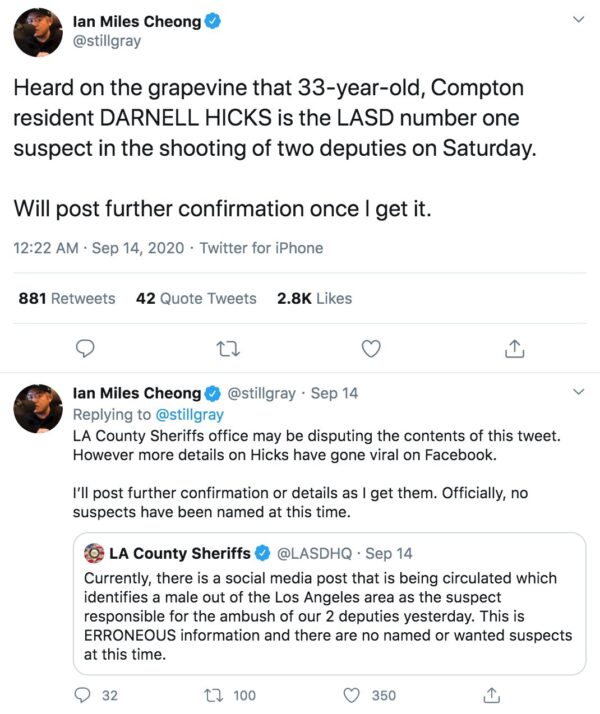
The Long Beach Post reports that the sheriff’s department said that night on Twitter that they hadn’t yet identified a suspect and the posts naming Hicks for the crime were “erroneous.”
But that did not stop the “hatred, contempt, ridicule, or shame,” the lawsuit alleges. Hicks still receives messages accusing him of being a “cop killer” nearly two years later, he told the paper in a recent interview with the Long Beach Post.
“You Google my name now, and this thing comes up,” Hicks said. “It’s crazy how this happened. How did they get me?”
It is unclear how Hick’s name was implicated in the crime. Hicks sued the social media giants and the users who posted the false allegations against him.
Facebook and Twitter have filed motions asking to be removed from the complaint, claiming immunity from being liable for the actions of third-party users, according to reports.
Hicks is seeking damages to be determined by a jury trial, punitive damages, pre-judgment and post-judgment interest and compensation for his legal fees.
The lawsuit alleges the defendants’ false claims injured Hicks in his occupation and “discouraged others from associating or dealing with him.” They violated his civil rights by “creating or exposing him to a danger he would not have otherwise faced.”
Hicks “suffered harm to his property, business, profession, or occupation, including money spent as a result of the statements,” the lawsuit says.
The sheriff’s department arrested Deonte Lee Murray 18 days later for the crime that left the deputies with head wounds. The shooting had sparked racial tension between Compton’s Black community and law enforcement.
Bradford is the admin for the Lakewood CA. Regional Crime Awareness, Prevention & Safety Group on Facebook. Lakewood is about 20 minutes outside of Long Beach. He reportedly wrote in a post in the group last week that information about Hicks “was released by law enforcement,” and he shared it “to notify the community of a matter of extreme public interest.”
Bradford added that he “immediately retracted the post and apologized” once he was notified that Hicks “was no longer a suspect.”
When Hicks started receiving the overload of messages on September 13, 2020, he called the sheriff’s department to find out if he was a suspect.
The deputy who answered Hicks’ call told him to await a commander’s call, which he would receive two hours later.
“I was terrified,” Hicks said. “When a police officer gets shot, that’s serious. I thought, am I next?
Sheriff’s deputies met with Hicks and confirmed that he was not suspected of the crime. He was “much taller” than the man identified in the shooting.
Authorities later released still photos from footage of the crime to the public.
But even though the sheriff’s department cleared him on Twitter, Hicks was still afraid. Someone sent him a message saying he “will die soon.”
“Driving home, I didn’t know what to think,” he said. “It felt like everyone was following me. It messed me up mentally. Every time I see a sheriff’s car, I’m nervous. I don’t want them to think I’m a cop killer.”
The next day, people started driving by his house, “like they were on a tour,” he said.
Bradford said in his Facebook response that Hicks “was not harmed in any way” by his initial Lakewood group post, but Hicks’ legal team refutes that claim.
“Mr. Bradford disregards that the false statements he made about Mr. Hicks, accusing him of a serious crime and being affiliated with a gang, continue to linger on the Internet and will follow Mr. Hicks for the rest of his life,” said Ed Lyman, who is with the Los Angeles-based Cochran Firm.
